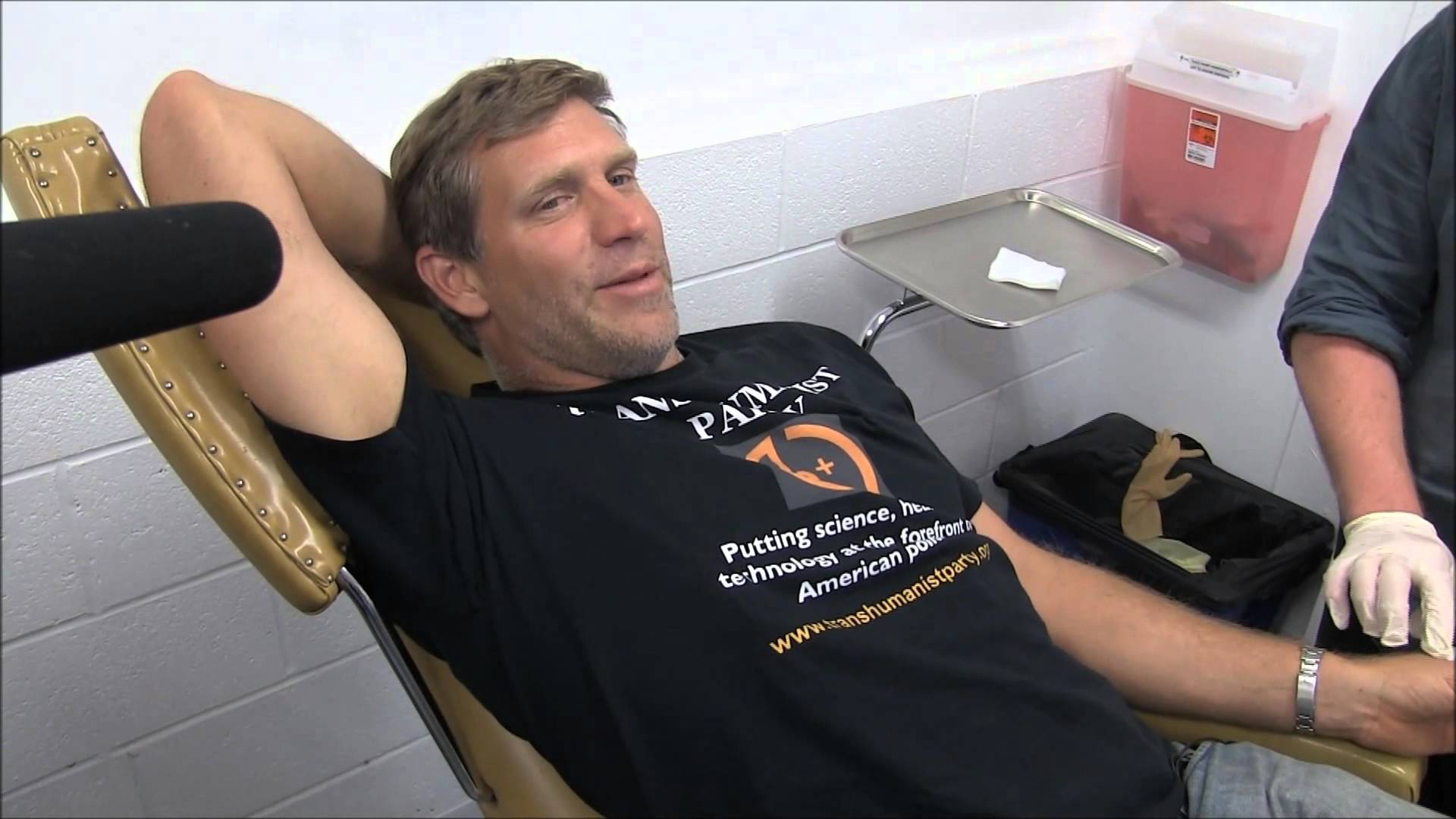Oct 7, 2015
Australia: Doctors reattach child’s head to spine after car crash [Video]
Posted by Shailesh Prasad in categories: biotech/medical, transportation
Surgeons at Brisbane hospital managed to reattached the head of 16-month-old Jaxon Taylor.
Surgeons at Brisbane hospital managed to reattached the head of 16-month-old Jaxon Taylor.
![]()
1. A heart of foam.
2. Artificial arteries.
3. Brain implants.
4. Robotic hand that can recognize objects by Feel.
5. Upside-Down Rover to explore Europa.
Welcome to #18 Avatar Technology Digest. Again, get ready for exciting news on Technology, Medical Cybernetics and Artificial Intelligence. Thank you for watching us. You are welcome to Subscribe, follow us in social media, leave your comments and join the conversation. And here are the top stories of the last week.
1) A heart of foam could replace your own. Existing artificial hearts have multiple moving parts, which increases the chance of failure, but this new device is just a single piece of material. Researchers inspired by soft robots have built a pumping artificial heart that could one day replace the real deal.
The team of Bioengineers at Cornell University build their robots out of a solid, plastic foam, which naturally has an interconnected network of tubes to let air flow – just as our muscles are permeated by blood vessels. A solid coating of plastic seals everything inside like a skin.
Continue reading “#18 Avatar Technology Digest / Paralyzed Patients Control Comp…” »

A DNA-powered PC may not be on the horizon, but DNA can still compute even if it can’t build a computer.
Warning that rapid advances in genetics make “designer babies” an increasing possibility, a United Nations panel today called for a moratorium on “editing” the human genome, pending wider public debate lest changes in DNA be transmitted to future generations or foster eugenics.
While acknowledging the therapeutic value of genetic interventions, the panel stressed that the process raises serious concerns, especially if the editing of the human genome should be applied to the germline, thereby introducing hereditary modifications.
“Gene therapy could be a watershed in the history of medicine and genome editing is unquestionably one of the most promising undertakings of science for the sake of all humankind,” the UN Educational, Scientific and Cultural Organization (UNESCO) said in a news release on a report by its International Bioethics Committee (IBC).
Memory loss is a truly devastating part of dementia, but this invention aims to fix that by bypassing the damage, and repairing long term memory.
Alzheimer’s and dementia are complex diseases, and there’s currently no effective treatment. Given the unpleasant nature of the disease, there’s an urgent need for results. Instead of taking the usual biological route, one team has constructed a prosthetic made up of a small electrode array — which can help re-encode short term memory into long term.
Built using decades of research, the device operates using a new algorithm based on accumulated neural data. New sensory information is normally translated into a quick memory and transported as an electrical signal through the hippocampus, potentially for long term storage. If this region is damaged then the process is disturbed, and new experiences fail to be encoded. Alzheimer’s patients can often remember childhood events, but struggle with recent experiences; specifically because of this hippocampal damage.


My new and first article for The Daily Dot. It’s about transhumanism and the Immortality Bus tour:
Continue reading “Why I’m running for president—and got a chip implanted in my hand” »
“Dr Brouchkov, the head of the Geocryology Department at Moscow State University, first injected himself with the bacteria two years ago.
He claims he has not had flu since, and that he has also been able to work harder and longer without getting tired.”
A RUSSIAN scientist claims he has cracked the secret of ETERNAL LIFE after injecting himself with primordial GERMS.
Could discovering how neural stem cells protect themselves from damage lead to treatment that helps combat aging?
We now know that stem cells in the brain do in fact divide, and that this regenerative capacity begins to falter with age. The majority of our cells don’t divide, and the bulk of division falls to stem cell niches dotted across our body. Stem cell populations do age, but they’re more resistant than ‘normal’ cells are, and they produce higher levels of telomerase — enabling them to divide for years.
How do brain stem cells remain free of damage?
Continue reading “How Do Brain Stem Cells Age? Their Damage Filter Breaks Down” »
As implants and bio-hacking gain popularity, could tweaking the body’s circuits become a mainstay in future medicine?
Bioelectronics offer everything from precise diabetes treatment to appetite reduction. In a world where most of us have a phone glued to our hand at all times, combining ‘wetware’ with hardware is starting to make real sense.
Cortical memory prosthesis uses internal brain signals (e.g., spiketrains) as inputs and outputs, bypassing damaged region (Dong Song et al.)
A brain prosthesis designed to help individuals suffering from memory loss has been developed by researchers at USC and Wake Forest Baptist Medical Center.